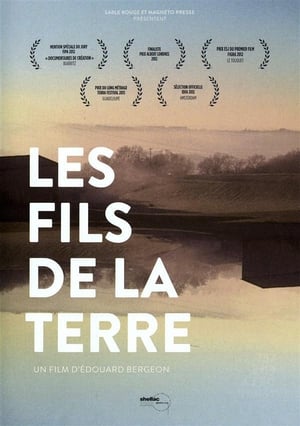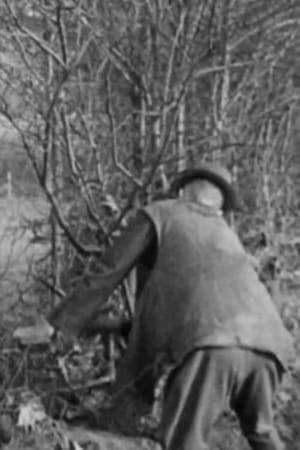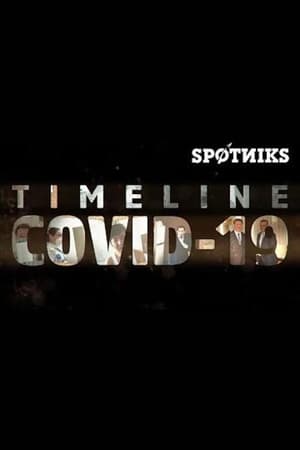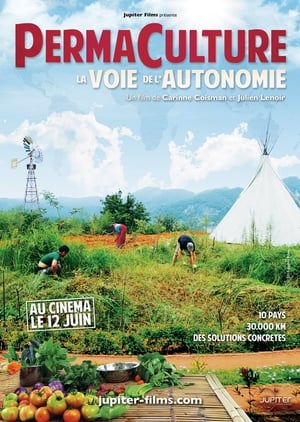
Children Of The Vine(NaN)
A global nightmare is unfolding as farmers and scientists stand at a crossroads questioning the impacts of pesticides and herbicides on human health. At the center of this controversy is glyphosate, the primary active ingredient in Monsanto’s Roundup, the most widely used herbicide in the world. Glyphosate was recently identified as a possible cancer causing agent and is now found in breast milk, baby food, wine and 80% of food grown in the United States. Why is glyphosate filtering into so many facets of our daily lives? And why are countries banning glyphosate while the United States uses more of it than any other country in the world? Children Of The Vine will peel back the curtain on the flawed regulatory practices that are causing more harm than good to public health while also revealing the scary science behind toxic farming practices. In the end, this solution driven documentary will highlight more sustainable large scale farming practices capable of feeding the world.
Movie: Children Of The Vine

Children Of The Vine
HomePage
Overview
A global nightmare is unfolding as farmers and scientists stand at a crossroads questioning the impacts of pesticides and herbicides on human health. At the center of this controversy is glyphosate, the primary active ingredient in Monsanto’s Roundup, the most widely used herbicide in the world. Glyphosate was recently identified as a possible cancer causing agent and is now found in breast milk, baby food, wine and 80% of food grown in the United States. Why is glyphosate filtering into so many facets of our daily lives? And why are countries banning glyphosate while the United States uses more of it than any other country in the world? Children Of The Vine will peel back the curtain on the flawed regulatory practices that are causing more harm than good to public health while also revealing the scary science behind toxic farming practices. In the end, this solution driven documentary will highlight more sustainable large scale farming practices capable of feeding the world.
Release Date
Average
0
Rating:
0.0 startsTagline
Genres
Languages:
Keywords
Similar Movies
 7.0
7.0Unrest(en)
When Harvard PhD student Jennifer Brea is struck down at 28 by a fever that leaves her bedridden, doctors tell her it’s "all in her head." Determined to live, she sets out on a virtual journey to document her story—and four other families' stories—fighting a disease medicine forgot.
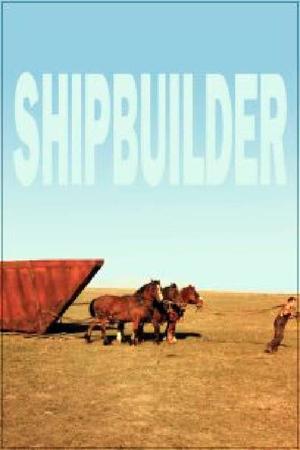 0.0
0.0Shipbuilder(en)
This film recreates the true story of Tom Sukanen, an eccentric Finnish immigrant who homesteaded in Saskatchewan in the 1920s and 1930s. Sukanen spent ten years building and moving overland a huge iron ship that was to carry him back to his native Finland. The ship never reached water.
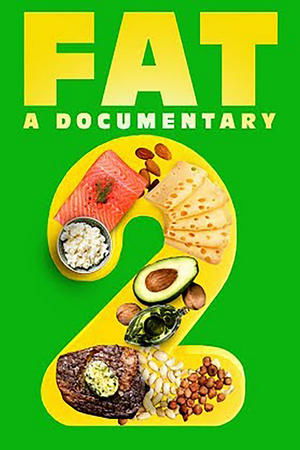 6.6
6.6FAT: A Documentary 2(en)
FAT: A Documentary 2 is the sequel to the international sensation that delves deeper into the lies and myths surrounding the age old question: "What should I be eating?"
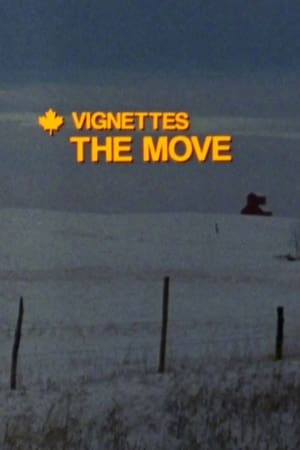 0.0
0.0Canada Vignettes: The Move(en)
In this short documentary from the Canada Vignettes series, a Saskatchewan grain elevator is moved across the snow-covered prairie to a new home after nearly a half-century of use. The film follows the lifting and transporting of the 9-storey, 200-ton structure, and examines the feelings of the people as they witness the final passing of their town's one and only grain elevator.
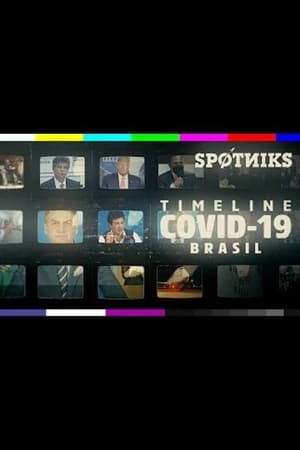 0.0
0.0Muitos líderes em democracias erraram na pandemia. Ninguém errou mais que Bolsonaro.(pt)
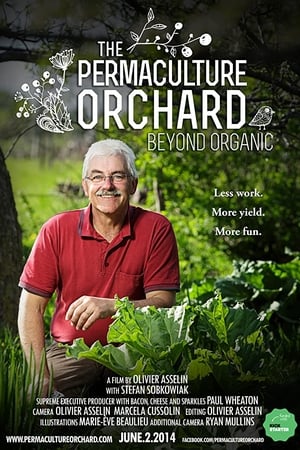 0.0
0.0The Permaculture Orchard: Beyond Organic(fr)
This feature-length educational film teaches you how to set up your own permaculture orchard at virtually any scale. We recognize the limitations of the organic model as a substitute to conventional fruit growing, and want to propose a more holistic, regenerative approach based on permaculture principles. Based on 20 years of applied theory and trial and error, biologist and educator Stefan Sobkowiak shares his experience transforming a conventional apple orchard into an abundance of biodiversity that virtually takes care of itself. The concepts, techniques and tips presented in this film will help you with your own project, whether it is just a few fruit trees in your urban backyard, or a full-scale multi-acre commercial orchard.
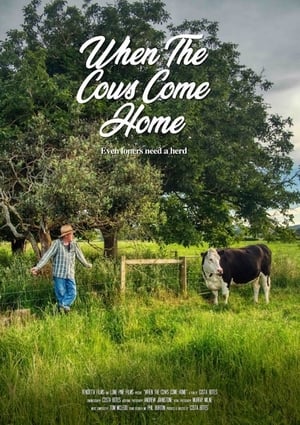 0.0
0.0When the Cows Come Home(en)
When the Cows Come Home introduces audiences to Tilly and Maggie, a pair of cows that musician, journalist, artist and cow whisperer, Andrew Johnstone has befriended and subsequently saved from slaughter. The garrulous herdsman is enthusiastic to expound his views on animal husbandry, bovine communication and the vagaries of life in general, before the film walks us back through the events that have shaped the singular farmer-philosopher. From personal family tragedy to warring with Catholic school authorities, innovating in Hamilton’s nascent music scene to creating guerrilla art installations; Johnstone’s life has had a truly idiosyncratic trajectory. Mental health issues may have seen him retreat to life on the farm, but the film makes clear its subject’s restless inquisitiveness is far from being put out to pasture.
Eyewitness DVD: Human Machine(en)
Since the invention of the wheel we have striven to make great machines that would make our lives more productive and efficient, however we will almost certainly never invent a machine as efficient as the human body. Each component of the machine is given in depth attention with the same clarity and insightful touch you have come to expect from the Eyewitness books. There are over 206 bones, half of which are in the hands and feet. A total of 640 muscles contract and exert pressure, working together with our skeleton to turn power and strength into movement and precision. Our bodies are incredibly resilient machines, and conversely life is very fragile. After all, unlike any other, this machine can reproduce itself.
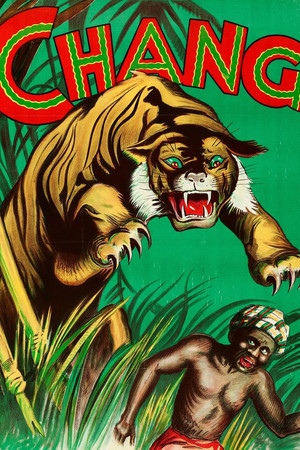 6.8
6.8Chang: A Drama of the Wilderness(en)
Elephants disrupt the lives of a family deep in the jungles of Northern Siam, and an entire village.
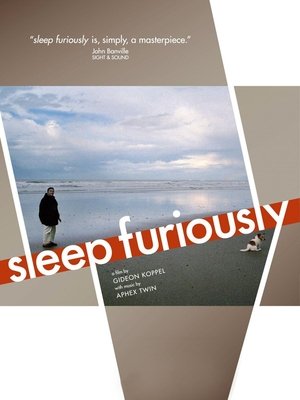 5.7
5.7Sleep Furiously(en)
Set in a small farming community in mid Wales, a place where Koppel's parents - both refugees - found a home. This is a landscape and population that is changing rapidly as small scale agriculture is disappearing and the generation who inhabited a pre-mechanised world is dying out. Much influenced by his conversations with the writer Peter Handke, the film maker leads us on a poetic and profound journey into a world of endings and beginnings; a world of stuffed owls, sheep and fire.
 8.4
8.4Dominion(en)
Exposing the dark underbelly of modern animal agriculture through drones, hidden & handheld cameras, the feature-length film explores the morality and validity of our dominion over the animal kingdom.
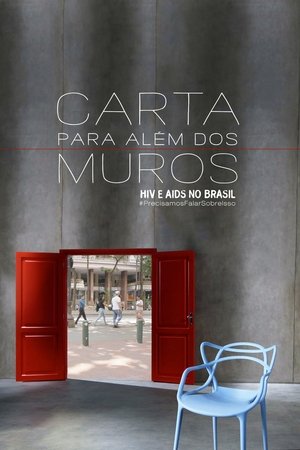 8.2
8.2Letter Beyond the Walls(pt)
Letter Beyond the Walls reconstructs the trajectory of HIV and AIDS with a focus on Brazil, through interviews with doctors, activists, patients and other actors, in addition to extensive archival material. From the initial panic to awareness campaigns, passing through the stigma imposed on people living with HIV, the documentary shows how society faced this epidemic in its deadliest phase over more than two decades. With this historical approach as its base, the film looks at the way HIV is viewed in today's society, revealing a picture of persistent misinformation and prejudice, which especially affects Brazil’s most historically vulnerable populations.
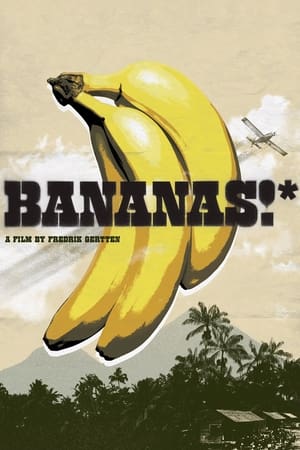 6.6
6.6Bananas!*(en)
Juan “Accidentes” Dominguez is on his biggest case ever. On behalf of twelve Nicaraguan banana workers he is tackling Dole Food in a ground-breaking legal battle for their use of a banned pesticide that was known by the company to cause sterility. Can he beat the giant, or will the corporation get away with it?
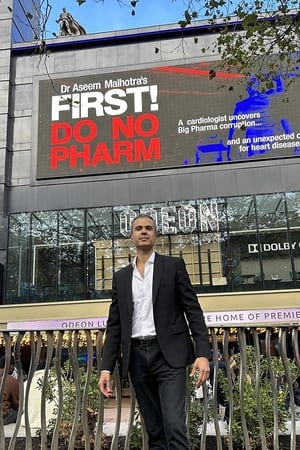 0.0
0.0First Do No Pharm(en)
We have had too much medicine for too many years. The time to act is now. How one doctor's fight against corporate greed led to an ancient, life-changing solution for heart disease.
 0.0
0.0The Real Anthony Fauci(en)
Different experts make a stand against today's putatively criminal and harmful health system, focusing on Anthony Fauci and his role in the shaping of the AIDS and COVID-19 epidemics.
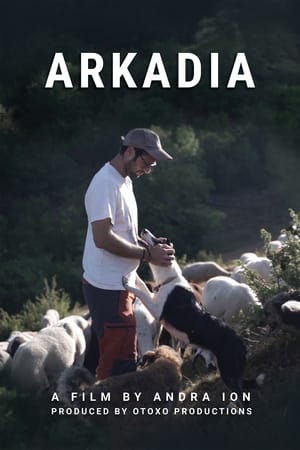 0.0
0.0Arkadia(en)
In a world where farming is mechanized and farm animals are fed with products coming from across the globe, a young shepherd is trying to keep his practice sustainable by using ancestral ways to raise his flock.
